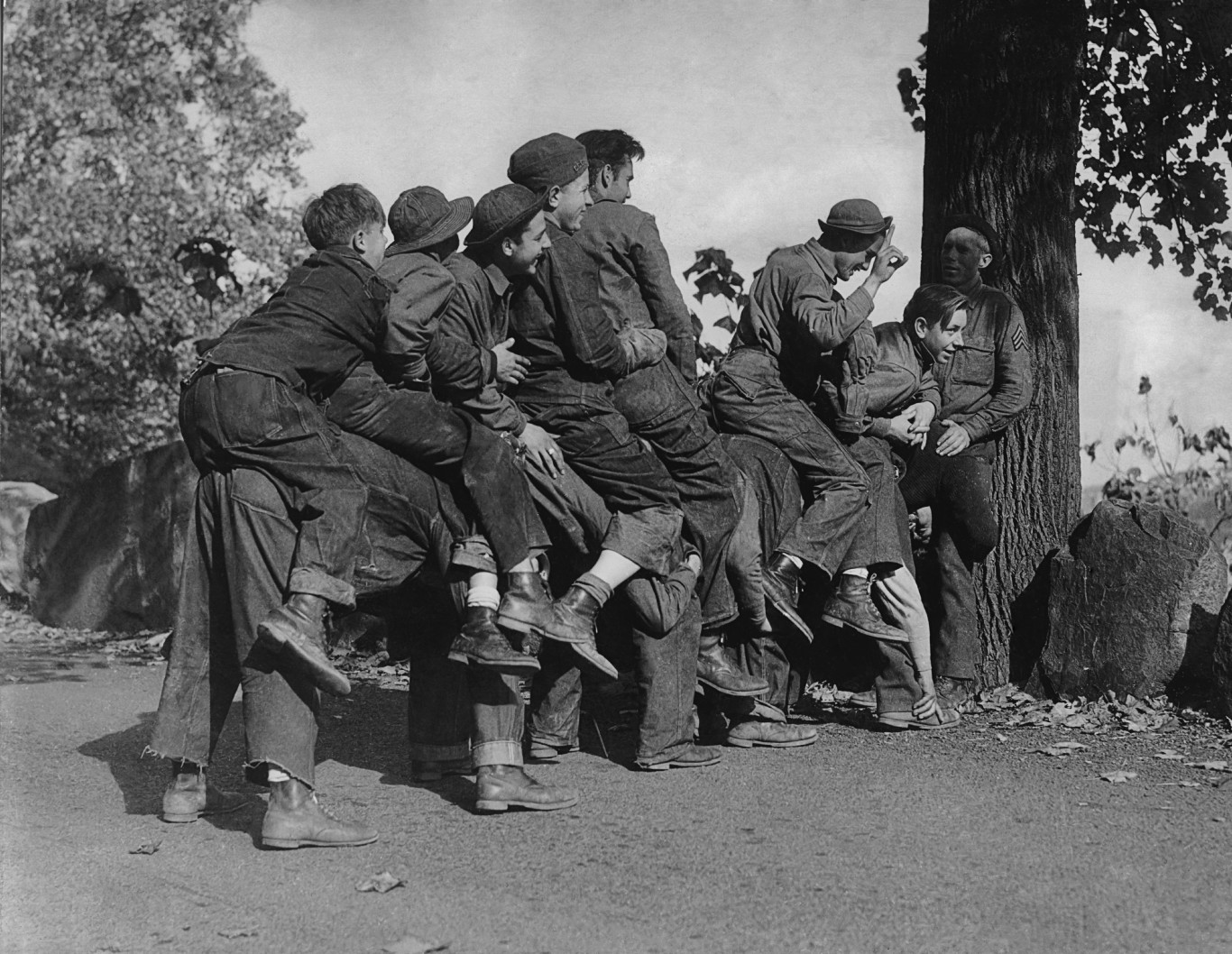 Gallup released a poll that shows what almost everyone already knows. More than 60% of people with college educations and who are between 25 and 52 years old have jobs — specifically “full-time jobs with an employer.” People with less than a high school degree, who are under 24 or are black should probably stop looking. Measured on the same Gallup scale as more successful people, people with high school educations are employed at a rate of 34%. Blacks are at a rate of 42%, and those who are younger than 24 are at a level of 45%. Until those numbers improve, statistically it is hard to get overall national unemployment to a reasonable level.
Gallup released a poll that shows what almost everyone already knows. More than 60% of people with college educations and who are between 25 and 52 years old have jobs — specifically “full-time jobs with an employer.” People with less than a high school degree, who are under 24 or are black should probably stop looking. Measured on the same Gallup scale as more successful people, people with high school educations are employed at a rate of 34%. Blacks are at a rate of 42%, and those who are younger than 24 are at a level of 45%. Until those numbers improve, statistically it is hard to get overall national unemployment to a reasonable level.
The federal government does not exactly have a bounty of programs to help those people in groups that are in the most trouble as they look for work. And, even if it did, no plan is likely to help any of the three groups substantially. Black underemployment is not just a byproduct of education. People with little education cannot do much more than manual work, which often keeps them below the poverty line. Young people often lack “experience,” which is a serious circumstance when employers can pick and choose who they want for jobs more than at any time in recent memory. All in all, these people continue to be a drag on whatever social services they can get a hold of, and a pool of people who pay little if any taxes. The compounded effect on the economy is beyond imagination.
Gallup does not have much to add to an analysis of the situation, beyond what is already very clear:
Perhaps the clearest sign in these data is that more education translates to higher workforce participation rates.
And:
A potential silver lining in the country’s economic struggle is that if a significant number of workers have left the workforce to pursue more education over the past several years, those individuals will be poised to foster positive gains in the future, both for themselves and the economy, provided they are able to secure full-time jobs.
It is naive to believe that most of the people without jobs decided to go to school.
Methodology: Results are based on telephone interviews conducted as part of the Gallup Daily tracking survey Aug. 1 to 31, 2012, with a random sample of 31,364 adults, aged 18 and older, living in all 50 U.S. states and the District of Columbia, selected using random-digit-dial sampling.
Douglas A. McIntyre
Take Charge of Your Retirement In Just A Few Minutes (Sponsor)
Retirement planning doesn’t have to feel overwhelming. The key is finding expert guidance—and SmartAsset’s made it easier than ever for you to connect with a vetted financial advisor.
Here’s how it works:
- Answer a Few Simple Questions. Tell us a bit about your goals and preferences—it only takes a few minutes!
- Get Matched with Vetted Advisors Our smart tool matches you with up to three pre-screened, vetted advisors who serve your area and are held to a fiduciary standard to act in your best interests. Click here to begin
- Choose Your Fit Review their profiles, schedule an introductory call (or meet in person), and select the advisor who feel is right for you.
Why wait? Start building the retirement you’ve always dreamed of. Click here to get started today!
Thank you for reading! Have some feedback for us?
Contact the 24/7 Wall St. editorial team.





